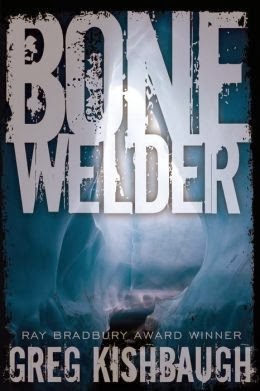David I. Kertzer
David I. Kertzer is the Paul Dupee, Jr. University Professor of Social Science and professor of anthropology and Italian studies at Brown University, where he served as provost from 2006 to 2011. His books include The Popes Against the Jews, which was a finalist for the Mark Lynton History Prize, and The Kidnapping of Edgardo Mortara, which was a finalist for the National Book Award. He has twice been awarded the Marraro Prize from the Society for Italian Historical Studies for the best work on Italian history.

Q: It's amazing to imagine that the Catholic church cozied up to fascism. How did that happen?--Marshal Zeringue
We see things retrospectively in terms of where fascism ended up. But under Pius XI, fascism was totally new, an Italian invention headed by Mussolini – a bunch of former left-wingers who became fascists at the end of the first world war.
As for the church, things were very different than they are now, post-Vatican Council. It's not all that long ago when there was really a much more authoritarian, medieval vision in the Vatican and the church.
There was no sympathy for multi-party democracy in the church at the time. Popes thought it was better to work with an autocratic system. You could have guarantees through a police state that the church will retain rights like freedom from abuse. The church didn't believe in the freedoms we worry about – freedom of speech, of religion, of association.
Q: Why was the Catholic church so uninterested in democracy?
A: The liberal democratic state that separated church and state was an abomination that needed to be overturned. Fascism pledged to do away with much of that, and it was viewed as an unexpected gift from God by the pope at the time.
What people don't realize is that...[read on]



























